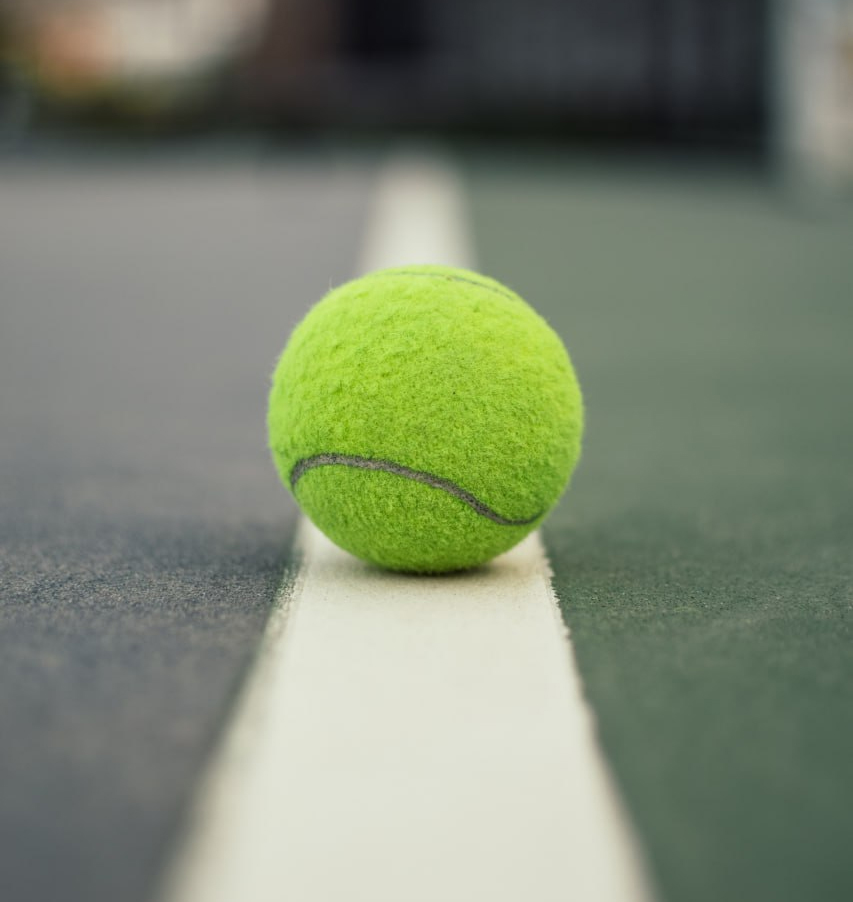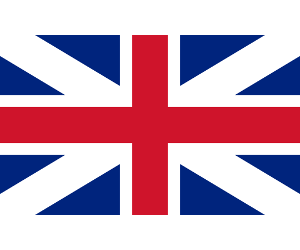Tennis Match-Fixing Scandal Involves 181 Players, 28 of These Summoned to Trial

Up to 181 tennis players participated in 375 matches between February 2014 and June 2018 that are being investigated for possible match-fixing. The 32-year-old Grigor Sargsyan, also known by the moniker “Master”, is believed to be the mastermind behind these groups. He’s charged with paying off players and rigging games, and they have linked him to the Armenian criminal underworld.
Most of the players under investigation are those who are ranked below 200 in the ATP rankings, and since they make less than the top players do, they have discovered a means to supplement their income. The aforementioned Armenian is currently being tried in Brussels after serving eight months in prison following his capture.
Mick Lescure (29) and Jules Okala (25), two French men’s tennis players, have been permanently banned since December because they are a part of the “black network”, and one of them acts as a liaison between the aforementioned Master and the players who were required to contribute on the field. Also, one of the aforementioned duos manipulated doubles matches without his partner’s knowledge.
More Than €8 Million Were Paid Out
There was a devised “tariff” for specific items, according to which players were paid 400 euros for a singles-match loss and 2,000 euros for a two-set doubles-match loss. The greatest amounts may exceed 3,000 euros if they came to an agreement on anything unique.
About eight million euros moved through his account in just under two years as everything was handed out through another man further up the chain.
Trial Will Be Held in Belgium
The trial in Brussels, where 28 persons were scheduled to appear last Friday, was rescheduled. For their roles in this match-fixing incident, seven Belgian tennis players, including a former member of the nation’s Davis Cup squad, were scheduled to stand trial in Oudenaarde.
The fraud targeted lower-level professional competitions, especially Futures tournaments (fortunately, not included in offers of bookmakers with Android apps), which were placed up until 2018 and typically lacked cameras. According to the prosecution, participants were asked to deliver a predetermined result by losing a match, set, or game in exchange for money.
Belgian police began looking into the matter after receiving reports from the country’s gambling watchdog in 2015. Many players were detained in France in 2019 as a result of the affair, which also spurred an investigation there.
The seven Belgians and the French pair, Lescure and Okala, all spent the majority of their careers towards the bottom of the ATP rankings, however, one of the Belgians, Arthur De Greef, who peaked at number 113, has recently represented his nation in the Davis Cup.
An Eastern European gang with a strong organizational structure operating out of Belgium and specializing in tennis matches was implicated in the case, according to Eric Van Duyse, a spokesman for the Belgian federal prosecutor’s office, at the time of the initial arrests. Van Duyse claimed that seven nations—Bulgaria, Slovakia, Germany, the Netherlands, France, the United States, and Belgium—were involved in the investigation.
More tips on Tennis

Stefanos Tsitsipas

Roberto Bautista Agut

Coco Gauff

Sofia Kenin

Aryna Sabalenka

Madison Keys

Jannik Sinner


















